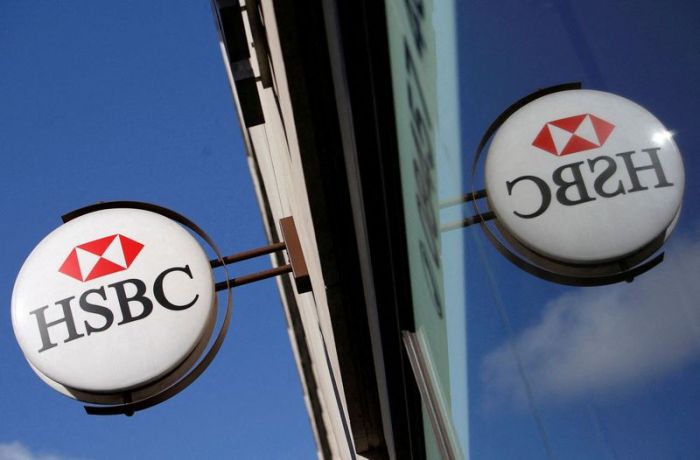FRANKFURT (Reuters) – Euro zone inflation inched up to a new record high as expected this month, making uncomfortable reading for European Central Bank policymakers already worried that rapid price growth could become entrenched, creating a hard-to-break wage-price spiral.
Inflation in the 19-country currency bloc rose to 7.5% in April from 7.4% in March, in line with expectations, driven by a persistent surge in energy and food prices, data from European Union statistics agency Eurostat showed on Friday.
Although volatile energy costs were the biggest contributor, the rate of energy inflation actually declined compared to March while price growth in food, services and non-energy industrial goods accelerated further, suggesting that inflation is becoming increasingly broad-based.
Underlying prices, which filter out volatile energy and food prices, also jumped, adding to the ECB’s worries that high inflation may prove tough to beat and that a nearly decade-long fight with ultra-low price growth is over.
Inflation excluding food and fuel prices, closely watched by the ECB, rose to 3.9% from 3.2% while a narrower measure that also excludes alcohol and tobacco products, jumped to 3.5% from 2.9%. Both figures were well above expectations.
Struggling to curb price growth, the ECB is all but certain to cut support for the economy further when policymakers meet on June 9, even if the war weighs on confidence and risks pushing growth into negative territory this quarter.
It will first end bond purchases, probably in July, then consider a rate hike sometime in the third quarter with a second rate move expected before the close of the year.
Policymakers’ big concern is that longer-term inflation expectations are rising well above their 2% target, indicating waning confidence in the ECB’s ability to control prices and ultimately deliver on its mandate.
A key gauge of long-term inflation expectations rose to 2.5% on Friday but even some survey based indicators are now showing readings above 2%.
Markets are currently pricing in 90 basis points of rate hikes for this year or between 3 and 4 hikes, which would put the ECB’s -0.5% deposit rate back into positive territory for the first time since 2014.
(Reporting by Balazs Koranyi; Editing by Catherine Evans)



















